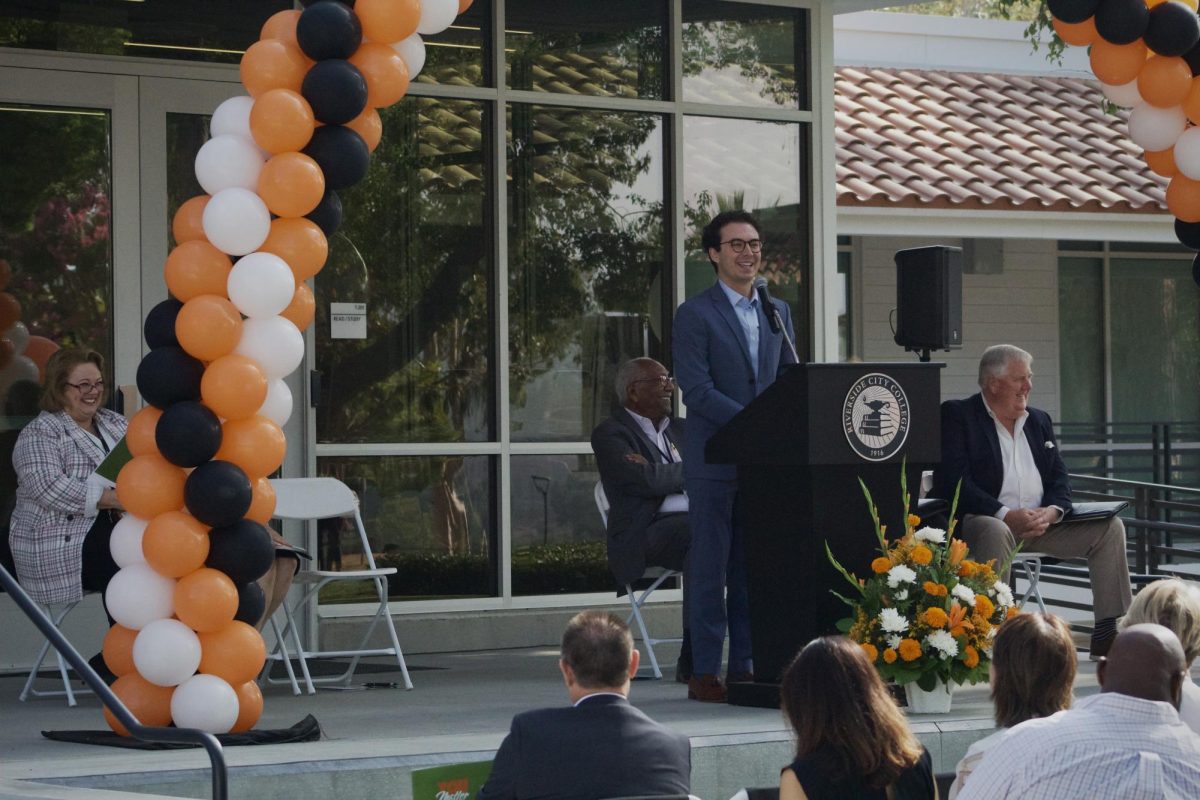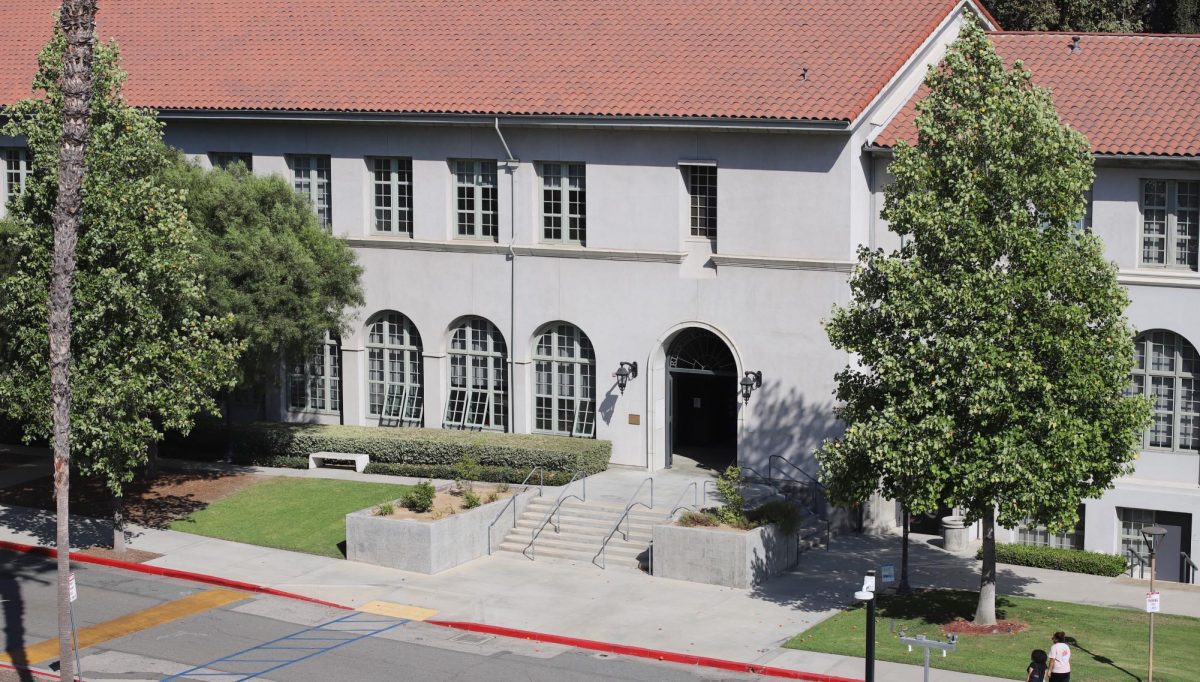By Joshua Duran
By Joshua Duran
Just over five years ago I was sitting in my barracks room, watching the news before I went to physical training when my life, like many others, changed forever.
September 11, 2001.
I was in Alaska, and it was about 6 a.m.
“Breaking News” flashed across my television screen making my room glow eerily red. Then I got the call, from my sergeant, “Full battle rattle, arms room, 10 minutes.” The emergency phone list had been activated.
I stripped out of my PT uniform and jumped into my battle dress uniform.
I was in the service during the attacks on 9/11, and because of that I felt the effects in a way that most civilians would not understand.
Fear. Incomprehension. Shock.
Emotions ran through me and my soldiers which we had never felt.
What did this mean to soldiers? None of us had a clue.
Would we go to war? We could only hope not.
As a sergeant, my soldiers looked to me for answers, and I had none. Eventually we settled into our new reality, and walking around “locked and loaded” became commonplace.
Guard checks at every entrance, no more pizza delivery on base for fear of a rogue delivery person. But time relaxed the rules and life on base would go on, relatively normal.
Eventually, I came to leave the Army for medical reasons, while many of the men and women I worked and trained with stayed in. My friends, no, my family went off to war. I stayed behind.
I live with the daily fear that my brothers in arms will be killed or injured. I have been out for three years and now I must live with another fear: that the friends that I know here in my new civilian life will be sent off to war.
I have become unable to truly make friends because of my newfound fear of loss. War changes people, on the battlefield and off. 9/11 has had a profound sociological impact on our society.
Who today doesn’t live with some newfound fear? Almost no one can say they haven’t been affected.
As subtle as the effects may be, our society has changed, and it does not appear to be for the better. I talk almost daily about the war, about the attacks, and about the future. Uncertainty is now engrained in the psyche of this generation.
Whether the war was justified or not doesn’t matter. The past cannot be changed, but our future can still be shaped. We as a society, we as students, must shape that future.
I have taken control of my life, and I am shaping my future, despite the uncertainty.
I am on the Army’s second string list for another five years. I could be called up any day to go to war but still I press on.
I, like many others, press forward and work to change our country for the betterment of our society. It is our responsibility to take an active role in our country’s future.
We must not let fear or paranoia control how we live our lives. By taking control of our lives, we take control of our future.
And the future can still be saved for us and for future generations, as well.






